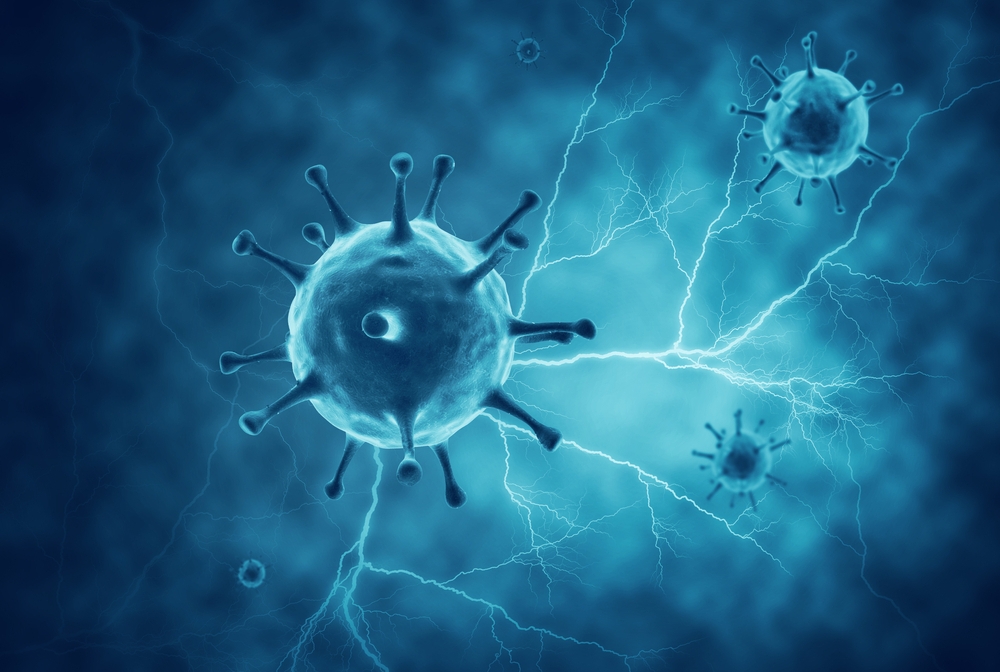Neurological complications ranging from headache, malaise and loss of smell to confusion and disabling strokes have been a disturbing consequence of COVID-19. A review of existing research, published Aug. 19 in Cell reports on the virus’s neurological symptoms and what’s known about SARS-CoV-2’s potential to infect cells in the nervous system. Neurological abnormalities have been observed in about 30 percent of patients who required hospitalization for COVID-19, 45 percent of those with severe respiratory illness, and 85 percent of those with acute respiratory distress syndrome (ARDS)—a type of lung damage where patients are often unable to breathe on their own. Many complications from COVID-19 are the same as those of other viral respiratory illnesses, particularly influenza, if more debilitating. For example, stroke is seven times more likely to occur in COVID-19 than in influenza. SARS-Cov-2 has been shown to infect neurons and cause neuronal death in model organ and animal studies, with certain brain cells particularly susceptible to infection, but evidence in humans is lacking. An important question is whether the altered mental state that some patients experience is the result of SARS-CoV-2 infecting the nervous system, or whether it arises from systemic illness caused by the virus. Future research should investigate such pathogenic questions, as well as focus on potentially long-term consequences to the nervous system, the authors write. Research should also explore treatments like antiviral agents and managing respiratory, immune and blood clotting complications that contribute to neurological problems, the authors add.
Corresponding author: Dr. Costantino Iadecola


